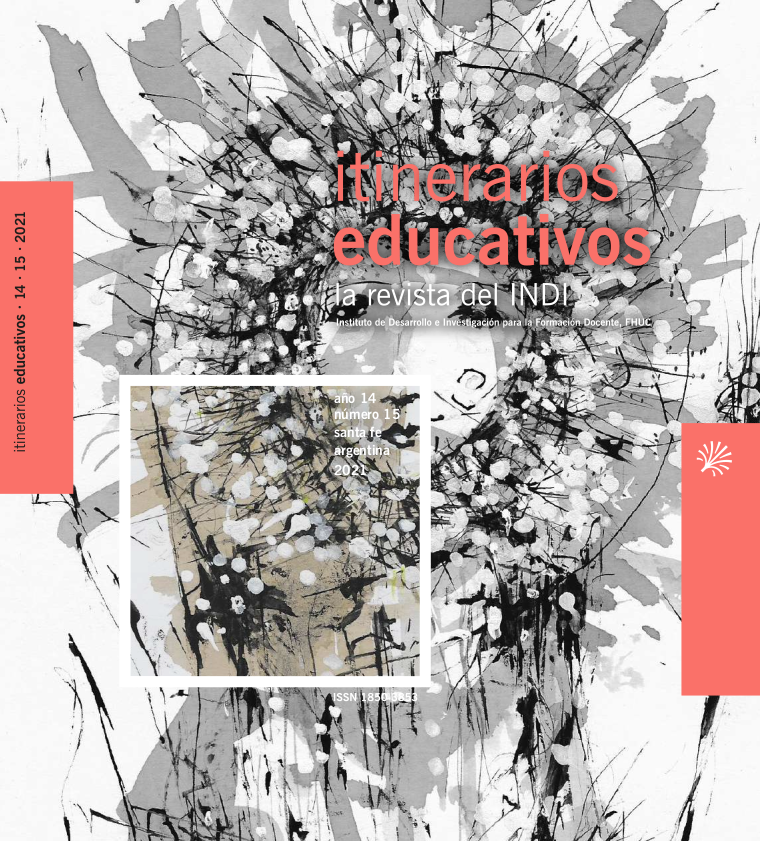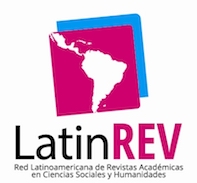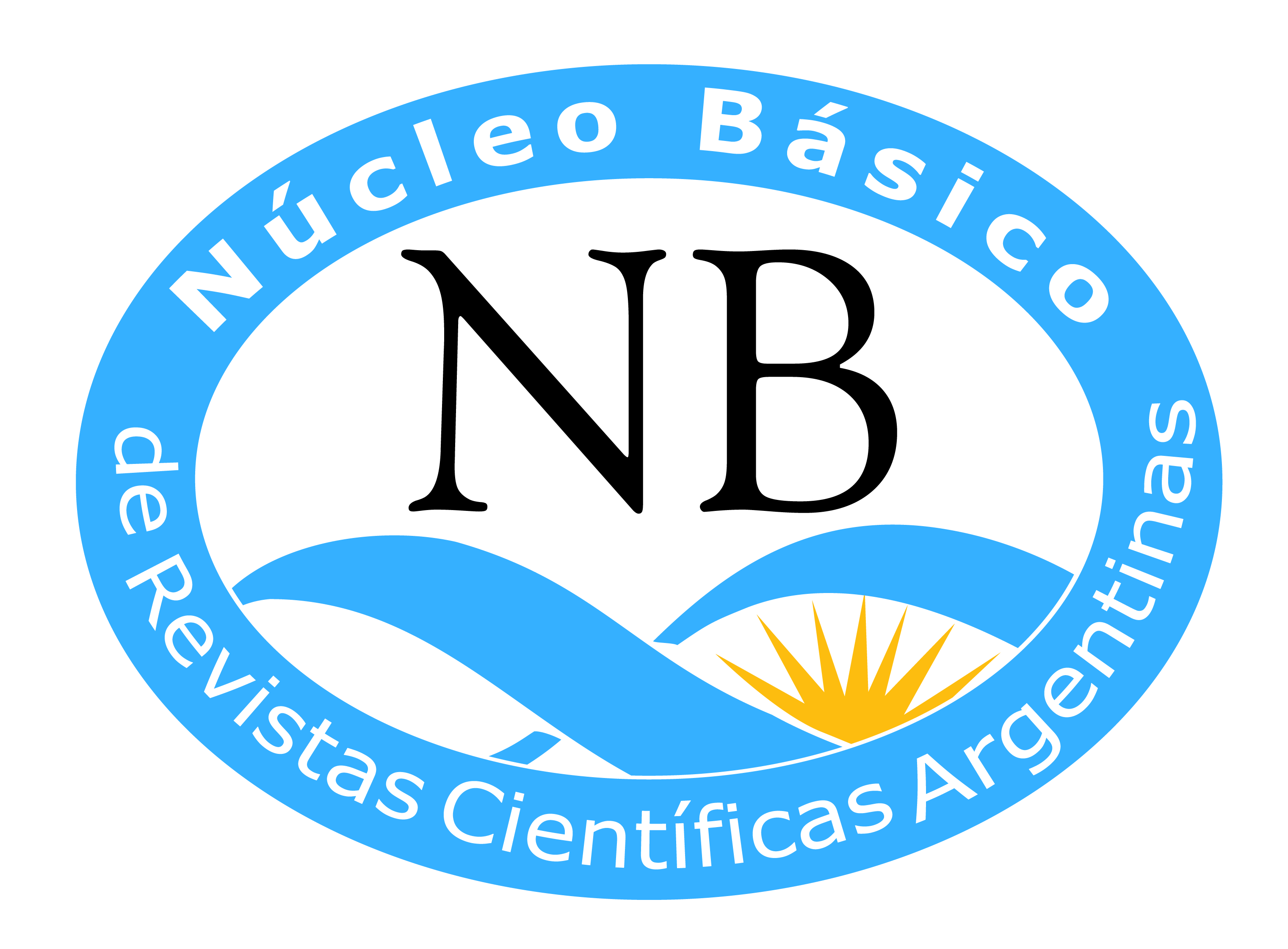Passing the first year of university degree programs in times of pandemic: hinges and ruptures in the perception of students from the National University of La Plata, Argentina
DOI:
https://doi.org/10.14409/ie.2021.15.e0013Keywords:
university, first year, students’ perceptions, virtual experienceAbstract
This article presents preliminary results of an education research work that addresses students’ perceptions of their university experience in the critical stretch of the first year as regards online teaching and learning in the absence of on-site classes. For the construction of data, we developed a qualitative methodological strategy that met the requirements of the lockdown caused by the COVID-19 pandemic. The strategy was based on an online questionnaire being filled in by students in the first year of two social sciences programs at two different faculties of Universidad Nacional de La Plata, Buenos Aires, Argentina. The question of the senses built by students is an appropriate field for analyzing ‘what happens’ and ‘what happens to them’. The rupture of the known quotidian university life gives rise to new questions that deserve analysis. The perceptions of virtual university experiences include both strongly negative and highly positive assessments; in the middle of both types of appreciation, there are folds, cleavages, and shades that coexist and reveal the active and heterogeneous condition of students.
Downloads
Published
How to Cite
Issue
Section
License
Those authors who have publications with this magazine, accept the following terms:
The authors will retain their copyright and guarantee the journal the right of first publication of their work,
which will be simultaneously subject to the Creative Commons Recognition License that allows third parties to share
the work whenever its author and first publication this magazine.
Authors may adopt other non-exclusive licensing agreements for the distribution of the published work (eg, deposit
it in an institutional telematic file or publish it in a monographic volume) whenever the initial publication in this
journal is indicated.
Authors are allowed and advised to disseminate their work through the Internet (eg, in institutional telematic files
or on their website) before and during the submission process, which can produce interesting exchanges and increase
citations of the published work. (See The effect of open access).
















